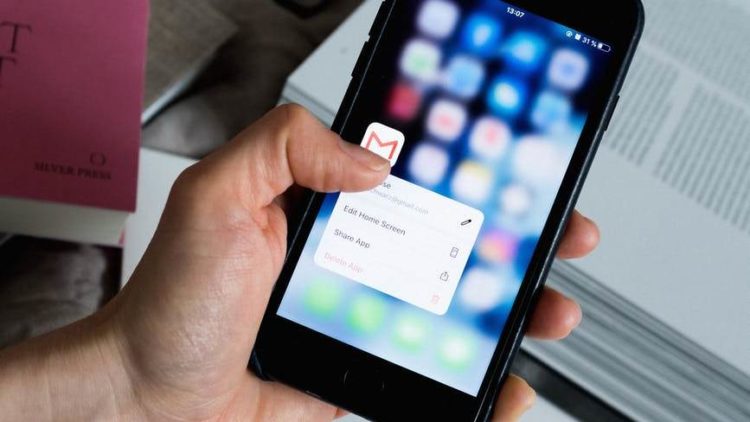New research from KnowBe4 found that 59% of APAC office workers don’t believe using their work email for personal activity is a security risk to their employer.
Furthermore, 39% say they always report suspicious emails and SMSs to the IT team responsible for cyber security.
Engaging suspicious emails and SMSs – what does that mean?
About 46% of APAC office workers say they are not confident in identifying which emails are legitimate and which are scams, and 48% feel the same way about identifying SMSs. However, when tested, that number fell even more with only 3% able to correctly identify all the real and scam emails and SMSs.
Jacqueline Jayne, security awareness advocate for APAC at KnowBe4 is concerned: “The obvious first issue with this is that if APAC office workers are unable to identify scam emails and SMS messages then they are at significant risk of getting phished or smished*, risking both their security and that of their employer. According to the ACCC, Australians lost a record $323 million to scams in 2021 (up a massive 84 per cent from the previous year). Meanwhile, 790 Singaporean victims fell prey to the recent OCBC smishing scam with a total loss amount of SGD$13.7 million, so the potential cost to APAC businesses is huge.”
In addition, more than one in ten admit to using their work phone (14 per cent) and their work email address (11 per cent) for personal activities and more than one in three (34 per cent) APAC office workers admit to using the same password for more than one account.
Jayne continues: “When employees are using their work email address for personal activities such as online shopping, they are much more likely to fall victim of a phishing attack that uses a hook such as delivery delays to entice the victim to click through. Having a clear separation between work and personal activities makes it much easier to spot when an email is a scam – if you know you never shop online using your work email address then you know that email from Amazon can’t be real.”
Advice to stay safe
Awareness is the number one way to avoid falling for a phishing or spam email so it is imperative employees are educated to stop and think before they act on anything. You need to be very careful of any emails or text messages that require you to click a link, open an attachment, share your login details, or change your password.
Examples of the wording used in these tactics
• Your credit card has been used in fraudulent activities, update your details now.
• Open the attachment to see all of the people in your suburb with Covid19.
• Click here to claim your $200 shopping voucher.
• Like, share and comment to go in the draw to win a $50,000 car.
• Unsubscribe from this mailing list.
• You can jump the queue for your Covid19 vaccine, click here.
• Account Deactivation Notification – click here to confirm your details.
• You have a new connection request on LinkedIn – click here to find out more.
• Password change notification – your account has been compromised.
• Congratulations! You have won a computer – click here to claim your prize.




